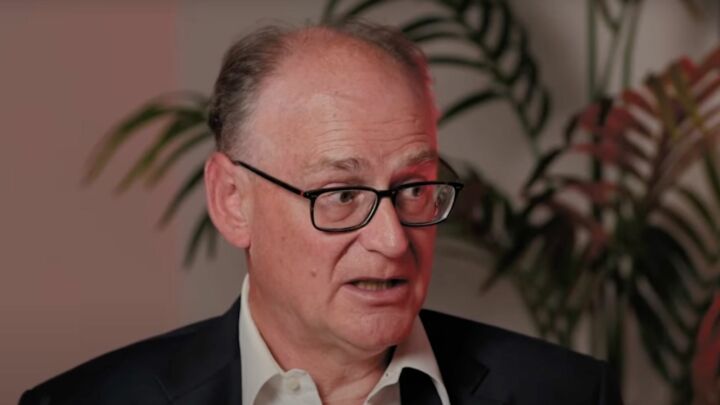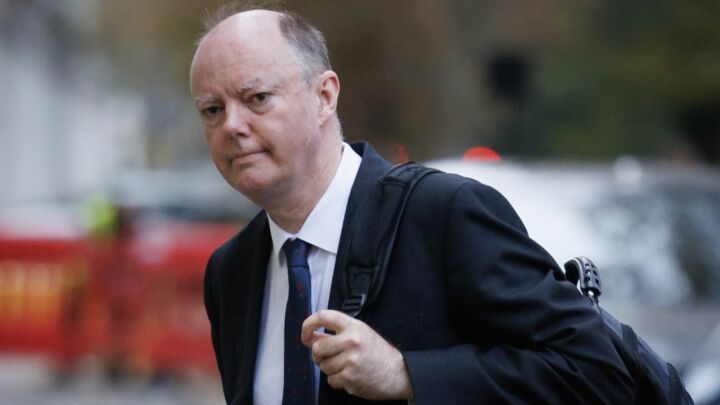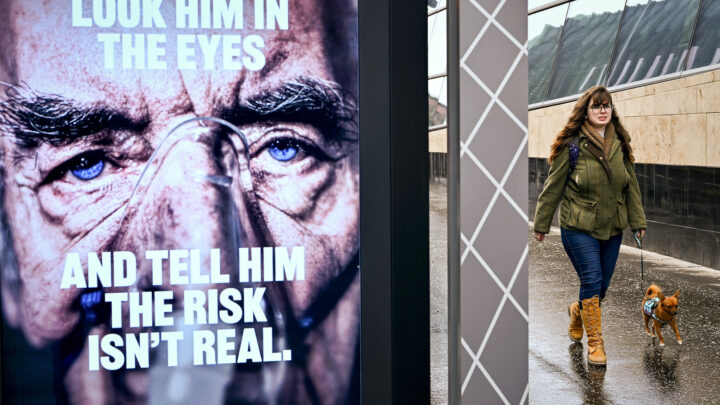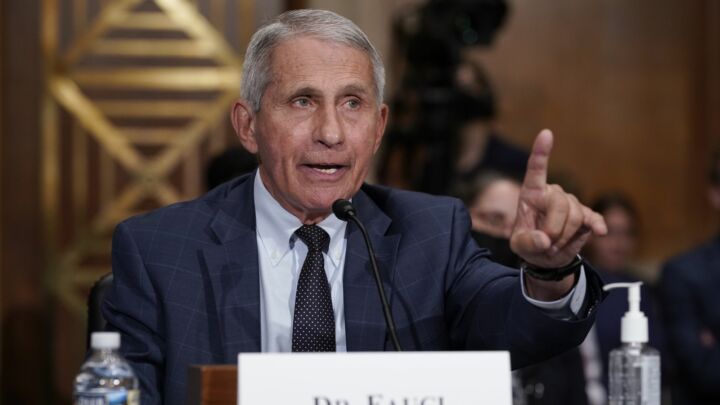Scotland’s Covid narrative is unravelling
The restrictions in Scotland were cruel, politically motivated and failed to save lives.

Want to read spiked ad-free? Become a spiked supporter.
The UK Covid inquiry has taken its circus north to Edinburgh. Since earlier this month, the inquiry has been hearing evidence from Scottish government officials and SNP politicians in an attempt to examine how they handled the pandemic. Scotland is currently still conducting its own separate Covid inquiry, but there is apparently still plenty to be uncovered by Lady Hallett.
Just as in England, the inquiry hearings in Scotland have mostly devolved into a farce. Despite many leading Scottish politicians having deleted their WhatsApp messages, much dirty laundry has been aired. Last week, the inquiry heard that Nicola Sturgeon considers Boris Johnson to be a ‘fucking clown’. It was revealed that ‘there was swearing’ during the calls between Sturgeon and national clinical director Jason Leitch ahead of the 2020 Christmas lockdown. Earlier today, Sturgeon herself was grilled about allegations her staff had used ‘burner phones’ to withhold messages from the inquiry.
As has been the case in London, the inquiry seems to be less interested in actually addressing the government’s pandemic policies than in what ministers said behind each others’ backs. However, while the media feign shock at every new instance of swearing, there is something genuinely interesting emerging from the hearings in Scotland.
For starters, it has emerged that Sturgeon’s cabinet discussed how the pandemic could be used to drive up support for Scottish independence. Much of what the then first minister said in her daily press briefings was designed to drive a wedge between Scotland and England. This may not come as a surprise to many, but it is useful to have it confirmed.
What’s more, it’s been refreshing to see proper time given to a lockdown sceptic. Professor Mark Woolhouse – an Edinburgh University professor of infectious-disease epidemiology and a member of SAGE – gave a very effective testimony last week about the mistakes made by the Scottish government. This was particularly welcome, given how shoddily lockdown sceptics were treated by the inquiry in London.
Woolhouse’s criticism of Sturgeon’s government was devastating. He said Scotland had adopted a more draconian Covid-19 response ‘just to be different to England’. He also stressed the collateral damage of lockdowns. He made the important point that non-Covid deaths were overlooked by the government and that A&E attendance ‘fell off a cliff’ during lockdown. He also argued that bans on outdoor activity were ‘absurd’ and he railed against school closures, which have done great damage to children. At one point, he was asked about a line in his written statement saying that Scotland’s stay-at-home order should have been rescinded earlier. Woolhouse replied: ‘I would take that further. The stay-at-home order was never necessary.’
His candour should be applauded. Back in London, the inquiry has suffered through months of assorted worthies falsely claiming that countless lives would have been saved if only we had shut down the country earlier and harder. That is an assertion refuted by the experience of multiple countries. Places like Hungary, Romania and the Czech Republic managed to dodge the first Covid wave in spring 2020, whether through luck, unseasonably warm weather or early lockdown. But they were then hit hard by the wave that arrived in winter 2020-21. This left them with some of the highest Covid mortality rates worldwide.
Next, Woolhouse turned his guns on the mainstream media. The BBC was particularly guilty of spreading disinformation, said Woolhouse, ‘repeatedly reporting rare deaths among healthy adults as if they were the norm’. The Beeb falsely told the public that the ‘virus does not discriminate’, he added, when it had always been clear that the risk to the elderly was far greater than to anyone else.
Woolhouse was not relying on hindsight here. The Covid outbreak on the Diamond Princess cruise ship demonstrated this back in February and March 2020. Of the ship’s 2,666 passengers, 567 were infected and 14 died. Almost all of those deaths were among people over 70. Out of the 1,045 crew, there were 145 infections, with zero deaths and no severe illness. Covid deaths have consistently been concentrated among the very elderly. Saying that ‘the virus does not discriminate’ was mendacious drivel.
This turn towards the truth is certainly encouraging. But there is still one vital question that needs answering in Edinburgh: did Sturgeon’s public-health tyranny actually achieve anything?
Direct comparisons between England and Scotland are tricky because the Covid rules changed continuously in both jurisdictions. And because the distinction between law and advice was often deliberately fuzzy. Nevertheless, the differences were always in one direction. Scotland’s Covid rules were consistently far more restrictive than England’s. The Scots suffered through face-mask rules being implemented for longer and vaccine passports being used more extensively. Scots were also more restricted in how far they could travel and who they could meet with.
Did any good come from this? Prima facie, the answer is no. In mid-2021, Covid deaths did appear to be lower in Scotland. But by spring 2022, after the Delta and Omicron waves, Covid mortality had equalised between England and Scotland. Worse still, all-cause excess mortality was greater in Scotland than in any other nation of the UK, at 23.9 per million per week, from spring 2020 to early 2022. For comparison, England’s rate was 18.6 per million. Ultimately, people in Scotland were more likely to die from all causes during the pandemic compared with people in England, Wales and Northern Ireland.
Scots paid a heavy price for Sturgeon’s lockdown authoritarianism. She was not the hero of the pandemic that she was made out to be. At least the inquiry has finally started to notice this.
David Livermore is a retired professor of medical microbiology.
Picture by: Getty.
Celebrate 25 years of spiked!
A media ecosystem dominated by a handful of billionaire owners, bad actors spreading disinformation online and the rich and powerful trying to stop us publishing stories. But we have you on our side. help to fund our journalism and those who choose All-access digital enjoy exclusive extras:
- Unlimited articles in our app and ad-free reading on all devices
- Exclusive newsletter and far fewer asks for support
- Full access to the Guardian Feast app
If you can, please support us on a monthly basis and make a big impact in support of open, independent journalism. Thank you.







Comments
Want to join the conversation?
Only spiked supporters and patrons, who donate regularly to us, can comment on our articles.